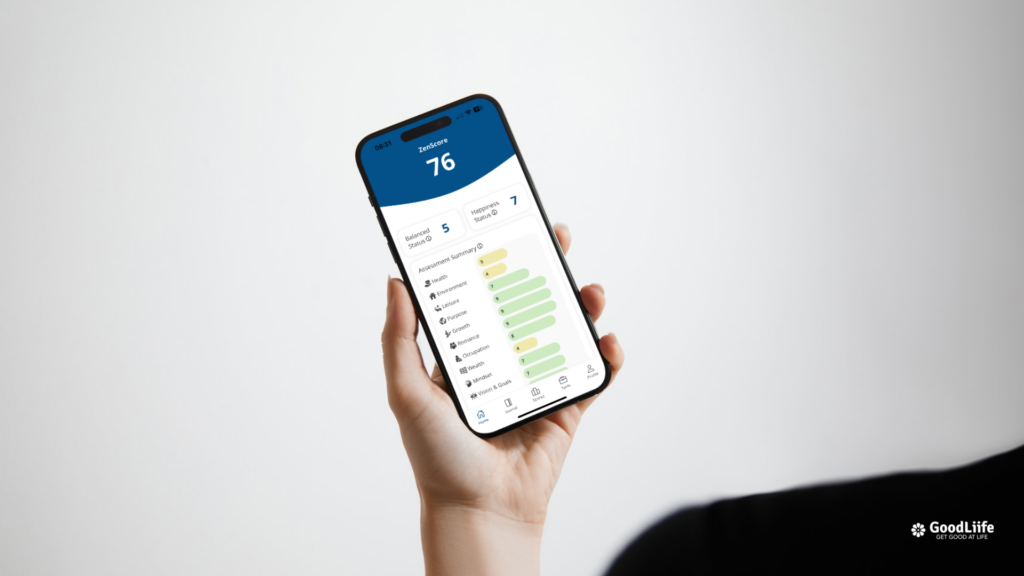In every phase of life, having a mentor can make a significant difference in personal and professional growth. A mentor serves as a trusted advisor, offering the wisdom of experience to help you navigate life’s challenges and opportunities. Whether you’re seeking clarity in your career, personal life, or skill development, the right mentor can provide invaluable guidance. However, not all mentors are created equal. Each type of mentor brings unique strengths and perspectives to the table, and understanding these differences is key to finding the right fit for your journey.
Why Mentorship Matters
Mentorship plays a transformative role in personal and professional development. A good mentor can:
- Offer perspective and insights based on their experience.
- Help you set and achieve meaningful goals.
- Provide constructive feedback to accelerate your growth.
- Connect you with valuable resources and networks.
By having the right mentor, you can overcome obstacles more efficiently, gain confidence, and uncover new possibilities that might otherwise remain hidden. But how do you find a mentor that fits your unique needs? Let’s explore the different types of mentors and how they can align with your journey.
Types of Mentors
1. The Career Guide
A career guide focuses on helping you advance professionally. They offer:
- Insights into industry trends: Their knowledge of the job market and industry-specific developments can help you make informed decisions.
- Guidance on career decisions: Whether it’s a promotion, a lateral move, or a career change, they can provide clarity on the best path forward.
- Networking opportunities: Career guides often have extensive professional networks and can connect you with the right people.
Best for: Professionals seeking career advancement, clarity on their professional path, or a shift to a new industry. They’re ideal for those who feel stuck in their current roles or need actionable advice on breaking into a competitive field.
2. The Life Coach
Life coaches emphasize holistic growth, addressing both personal and professional areas. They specialize in:
- Goal setting and accountability: Helping you define clear, actionable goals and ensuring you stay on track.
- Enhancing self-awareness: Developing emotional intelligence and self-understanding to overcome limiting beliefs.
- Overcoming personal obstacles: Assisting with challenges such as work-life balance, relationships, or confidence issues.
Best for: Individuals seeking balance and fulfillment across different aspects of life. Whether you’re juggling career demands, personal goals, or emotional well-being, a life coach can provide the structure and support you need to thrive.
3. The Subject Matter Expert (SME)
These mentors are highly knowledgeable in a specific field. They can:
- Provide technical expertise: Offering detailed advice on specific tasks, tools, or technologies.
- Help you master specialized skills: From coding to graphic design, they’ll guide you to proficiency.
- Offer advice on niche projects: Sharing strategies for success in unique or challenging endeavors.
Best for: Those pursuing mastery in a particular area, such as coding, design, marketing, or any field requiring advanced technical skills. SMEs are ideal for project-based mentorship where expertise is critical.
4. The Peer Mentor
Peer mentors are colleagues or friends who share similar goals or challenges. They offer:
- Mutual support and collaboration: Learning and growing together fosters a sense of camaraderie and shared success.
- Shared learning experiences: Exchanging knowledge and strategies enhances growth for both parties.
- Encouragement and accountability: Supporting each other to stay motivated and committed to goals.
Best for: Anyone who values a collaborative, reciprocal mentoring relationship. Peer mentors are great for fostering teamwork and building lasting professional or personal bonds.
5. The Inspirational Leader
Inspirational leaders guide through example and motivation. They:
- Share stories of overcoming adversity: Offering real-life examples of perseverance and resilience.
- Inspire action and confidence: Encouraging you to take bold steps and believe in your potential.
- Provide encouragement to pursue bold goals: Motivating you to dream big and aim high.
Best for: Those looking for a role model to emulate in their personal or professional lives. Inspirational leaders are particularly effective for individuals seeking motivation to tackle ambitious goals or overcome self-doubt.
Choosing the Right Mentor
Selecting the ideal mentor involves thoughtful consideration and deliberate effort. Here’s a detailed guide to help you make the best choice:
Assess Your Goals
Start by clearly defining what you want to achieve. Are you aiming for career growth, personal development, or mastery of a specific skill? Understanding your objectives will help you identify the type of mentor who can provide the most value.
Identify Desired Qualities
Think about the traits and expertise you value in a mentor. Do you need someone empathetic and supportive, or a no-nonsense professional who pushes you to excel? Reflect on what kind of guidance resonates with your learning style.
Research Potential Mentors
Look for mentors within your network or industry who embody the qualities you seek. Attend networking events, join professional organizations, or explore online platforms like LinkedIn to connect with experienced individuals.
Initiate the Conversation
Reach out with a clear and concise message. Briefly explain your goals, why you admire their work, and how you believe their guidance can help you. Be respectful of their time and open to an initial informal meeting.
Evaluate Compatibility
During your first interactions, assess whether their mentoring style aligns with your needs. Do they offer actionable insights? Are they approachable and invested in your growth? Compatibility is crucial for a productive mentor-mentee relationship.
Set Expectations
Define the scope of your mentorship early on. Discuss how often you’ll meet, preferred communication methods, and specific areas you’d like to focus on. Clear expectations ensure a mutually beneficial arrangement.
Stay Open to Feedback
Be receptive to constructive criticism and willing to adapt. A mentor’s role is to challenge and inspire you, which sometimes means pushing you out of your comfort zone.
By taking these steps, you’ll be better equipped to find a mentor who not only meets your needs but also helps you unlock your full potential.
The Role of Tools in Mentorship

Modern tools can enhance the mentorship experience by providing insights and helping track progress. For instance, the GoodLiife Score App complements the mentorship process by offering:
- Self-Diagnostics: Assess your strengths and areas for improvement, giving your mentor a clearer picture of where to focus.
- Personal Scorecard: Track progress in various life areas, ensuring a balanced approach to growth.
- Balanced Priorities: Identify and prioritize your goals for better alignment with your mentor’s guidance.
- Stress Reduction Features: Manage stress effectively, enabling you to focus on growth and development.
Whether you’re working with a life coach or a career guide, tools like the GoodLiife Score App can amplify the impact of mentorship by keeping you accountable and focused.
Conclusion
Finding the right mentor is a game-changer for personal and professional growth. By understanding the different types of mentors and choosing one that aligns with your goals, you’ll set yourself up for success. Don’t forget to leverage tools like the GoodLiife Score App to maximize the benefits of your mentorship journey. With the right guide and resources, you’re well on your way to achieving your dreams.
Learn more about the GoodLiife Score App here or download from the App Store.

Leave a Reply